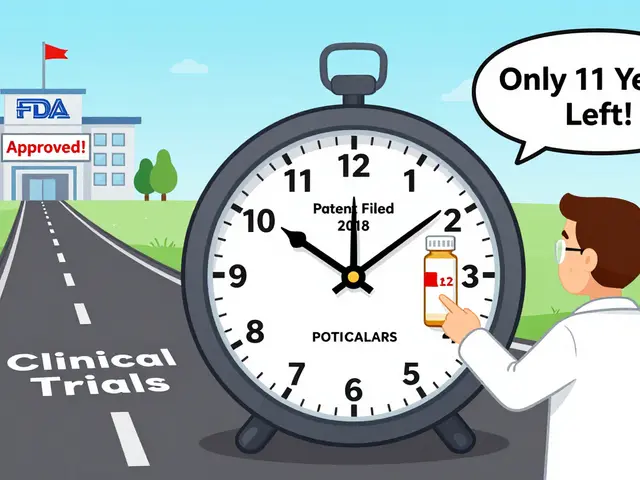Medical abortion: what you need to know
Medical abortion uses medication—usually mifepristone followed by misoprostol—to end an early pregnancy. It's a common, effective option for many people in the first weeks of pregnancy. If you’re considering this, you probably want straight answers: how it works, how safe it is, and where to get legit pills. Here’s a practical guide to help you decide and prepare.
How medical abortion works and what to expect
Mifepristone blocks the hormone progesterone so the pregnancy can’t continue. Misoprostol causes the uterus to contract and expel the pregnancy. Health systems often use the two together because that combo raises effectiveness. Most people have cramping and heavy bleeding for a few hours, and bleeding can continue lighter for days or weeks. The process usually happens at home, but you should have access to a clinic or emergency care if needed.
Effectiveness is high for early pregnancy. It works best when used within the first 9–10 weeks, though rules vary by country. Before you start, a provider may confirm how far along you are (pregnancy test, physical exam, or ultrasound) and discuss any medical conditions or medicines that could affect safety.
Safety, aftercare, and when to get help
Medical abortion is safe for most people, but you should follow a few practical steps. Have a trusted person nearby if you want support. Use pain relief like ibuprofen if your provider says it’s okay. Expect heavy bleeding and passing clots; use pads rather than tampons for the first week. Take any follow-up tests—usually a visit or a check-in call—to confirm the abortion is complete.
Get urgent care if you have soaking-through-more-than-two-maxi-pads-per-hour-for-two-hours, a fever over 38°C (100.4°F) lasting more than 24 hours, fainting, or very severe pain not eased by medication. Also contact a clinician if you think the pregnancy might still be ongoing or if you have signs of infection (bad-smelling discharge, high fever).
Thinking about buying pills online? Be cautious. Counterfeit or poorly stored drugs are a real risk. Use reputable pharmacies, check site reviews, and prefer services that require a telemedicine consult or prescription. Our site covers how to vet online pharmacies and spot fake listings—read reviews and safety guides before you buy.
Legal rules and access vary widely. Some places allow telemedicine and postal delivery of pills; others restrict medical abortion. If cost, distance, or local law is an issue, contact a local reproductive health clinic or a trusted health organization for up-to-date options and safe referral services.
If you want more detailed articles—how to check online pharmacies, signs of complications, or what to expect day by day—browse related posts on this tag. And remember: a qualified clinician is the best source for personalized medical advice.
2024 Alternatives to Cytotec for Medical Use
Discover six alternative medications to Cytotec in 2024, each offering unique benefits and considerations for medical abortion and labor induction. Mifeprex, Cervidil, Methotrexate plus Misoprostol, Letrozole plus Misoprostol, Pitocin, and Hemabate represent varied options, each with its own pros and cons. This article examines each alternative in detail, providing valuable insights for informed decision-making. Understand the effectiveness, availability, and potential side effects of these alternatives to choose the best option for your needs.
Read More





